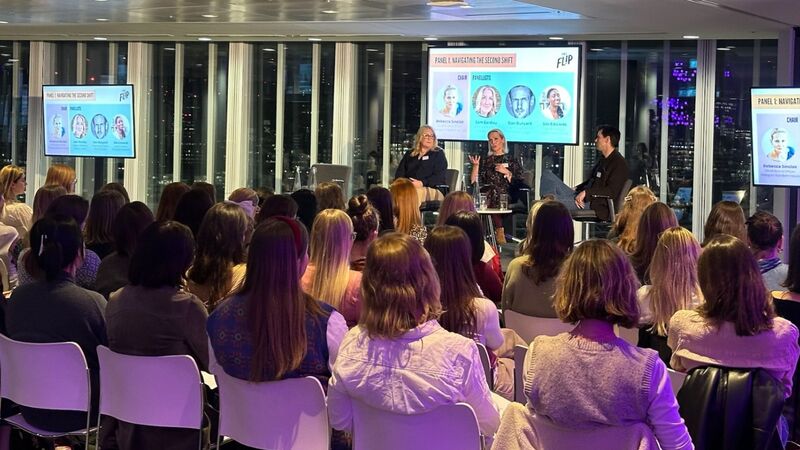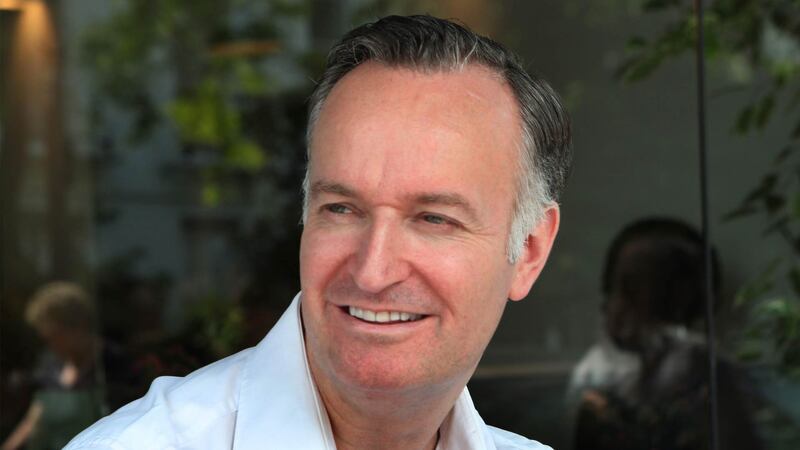You are viewing your 1 free article this month. Login to read more articles.
PA launches new industry-wide Inclusivity Action Plan
A 21-strong list of publishers including Hachette, HarperCollins, Penguin Random House and Bloomsbury have committed to a new Inclusivity Action Plan launched today (31st January) by the Publishers Association (PA).
The plan, developed with Creative Access following focus groups with a range of employees from different firms across the publishing sector, comprises a set of 10 commitments for publishing businesses to undertake over the period 2023 to 2026, and builds on the first Inclusivity Action Plan launched in 2017. The PA says more signatories are expected to come. Companies are able to pledge here.
Organisations that have signed the 10-step action plan pledge to develop and embed an inclusivity policy which is set and driven by senior leadership, to develop a governance model, which might include nominating an inclusivity champion that reports to the board or management committee, and commit to data collection and support consistent cross-industry data collection. This includes committing to distributing and completing the PA’s workforce survey once every two years and considering representation beyond direct employees, to include supply chain data collection.
Moreover, signatories pledge to: ensure output is accessible, authentic and inclusive; ensure all staff participate in inclusivity training or have opportunities to learn; provide opportunities for flexible, hybrid, agile and part-time working; create clear career progression pathways; provide opportunities for mentoring; create opportunities for hiring from underrepresented groups; work towards pay equity, including salary transparency. The full plan can be found here.
The plan is being launched in tandem with the final UK Publishing Workforce: Diversity, Inclusion and Belonging in 2022 survey, which found that women continue to dominate the workforce, accounting for two-thirds of respondents (66%), with an increasing proportion of executive leadership and senior management positions being held by females (56% and 60% respectively).
Representation of people from ethnic minority groups (excluding white minorities) has increased to 17% from 15% in 2021 while LGBT+ representation has also increased, with 15% (up from 13% in 2021) of respondents either identifying as lesbian, gay, or bi, or self-describing their sexual orientation, a figure which has grown each year since 2017 (5%) – and as in 2021, 1% of respondents identified as trans. Socio-economic background continues to represent major barriers to inclusion, with two-thirds (66%) of respondents coming from professional backgrounds.
As well as committing to the latest plan, publishers are also being asked to work towards new targets for their UK workforce which should reflect national demographics at all role levels, across race and ethnicity, socio-economic background, disability, gender and sexual orientation.
A PA spokesperson said these targets are set based on 2021 Census results for England and Wales, and that while some of these results are already available, "we’re still waiting for others to be released." Moreover, they told The Bookseller: "We have noted though that when setting any company targets, companies may want to consider their own regional location and whether national targets are appropriate, for example to reflect that their office is located in a more or less ethnically diverse area of the UK."
Dan Conway, c.e.o. of the PA said: “Through the hard work of everyone in the publishing industry, we have made great progress in moving the dial when it comes to diversity, inclusion and equality. Since the launch of our first plan in 2017, we have seen significant inroads across many characteristics — but there is no time for complacency.
“We are proud to be launching our new Inclusivity Action Plan to bring our members and businesses across the industry together, to further break down barriers and to drive real, meaningful change. This is just a starting point and we look forward seeing further progress over the coming years. Real change is achieved when we work towards a common goal, and we are certainly stronger when we work together”.
Josie Dobrin, executive chair at Creative Access, said: “The Publishers Association and the publishing industry is really blazing a trail for the whole creative industries with the launch of this new inclusivity plan. It is a great example of organisations in a sector, putting aside competition, to come together and drive real, meaningful change and we actively encourage other creative sectors to follow suit. We’ve been partnering with the Publishers Association now for over a decade and are immensely proud of our role in providing strategic consultancy on the development of this plan, it marks a significant step forward for the industry.”
The full list of signatories so far is: Taylor & Francis, DK, IOP Publishing, Pearson UK, Bonnier Books UK, SAGE Publishing, Oneworld Publications, Penguin Random House, Hachette UK, Bloomsbury, HarperCollins Publishers, Cambridge University Press, Macmillan Learning, B Small Publishing, Kogan Page, Princeton University Press (European office), Profile Books, Saraband, SRL Publishing, Everything with Words and Firefly Press.





















